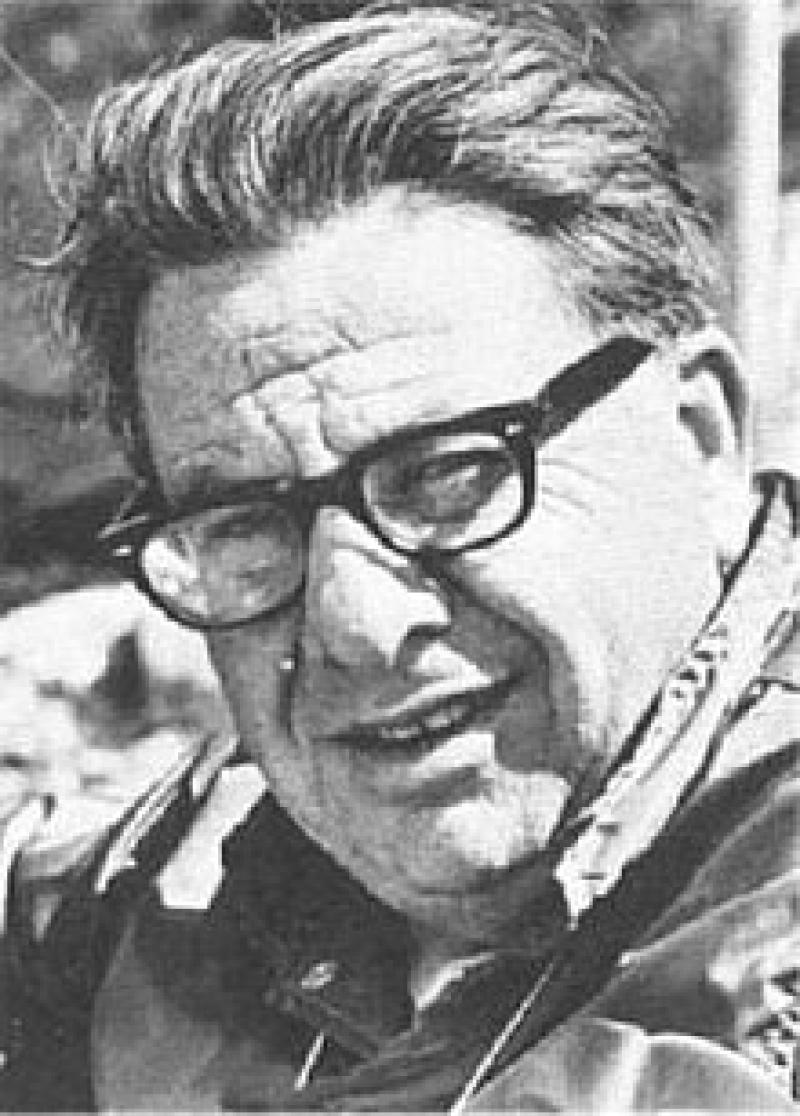Martin Ritt's Masterpiece and sad Lament


Martin Ritt had an illustrious career as a director.
In the year 1963 he would receive the following honors for the same movie:
Best Director - The Academy Award
Best Director - Golden Globe Award
Best Director - Directors Guild of America Award
Best Director - New York Film Critics Award
Best Director - Venice Film Critics Award
The Movie received the following nominations:
Best Actor - Paul Newman
Best Actress - Patricia Neal
Supporting Actor - Melvyn Douglas
Adapted Screenplay
Black & White Cinematography
Black & White Art Direction
Martin Ritt didn't didn't get involved with the project to necessarily win awards and produce a box office hit. This was a story with a message. The film was based on a modern day western story written by a young Texan named Larry McMurtry. In his book, ( Horseman, Pass By ), McMurtry's story is told by Lonnie Bannon, who is orphaned by his parents and goes to live with his grandfather Homer, who owns & operates a cattle ranch in the Texas panhandle. Living with Homer is his son (Hud), a self centered, heartless, boozing, womanizing but handsome son of a bitch. Both writer and screen writers would agree, the handsome part is essential because only someone handsome gets to pull it all off so easily.
What is the message here?
(Allow me to quote the experts):
"In his earlier books such as Horseman, Pass By (1961) and Leaving Cheyenne (1963), that loss includes the disappearance of traditions embodied in the "code of the West," the disintegration of the family, and the disillusionment produced by unfulfilled hopes and dreams. "
https://www.enotes.com/topics/larry-mcmurtry/critical-essays/mcmurtry-larry-jeff
Ritt also saw what was happening in American society. He thought Newman would be perfect for the role of Hud. The movie, named "Hud" was made and the critics loved it. In "Film Quartely", Pauline Kael compared the film to Casablanca and On the Waterfront . In the New York Times, Bosley Crowther wrote about it as one of the best films of the year and an indictment of contemporary mores.
What surprised Ritt was the reaction of young audiences. It seems that the younger generation did not see the Newman character as a heel, but as a role model!
What did they do wrong?
Possibly Paul Newman was too handsome?
Too hip?
"I got a lot of letters after that picture from kids saying Hud was right," Ritt recalled. "The old man's a jerk and the kid's a schmuck, or a fag, or whatever they wanted to call him. And if I'd been near as smart as I thought I was, I would have seen that Haight-Ashbury was right around the corner. The kids were very cynical; they were committed to their own appetites, and that was it. That's why the film did the kind of business it did - kids loved Hud. That son of a bitch that I hated, they loved." .......From "Paul Newman, A Life"






